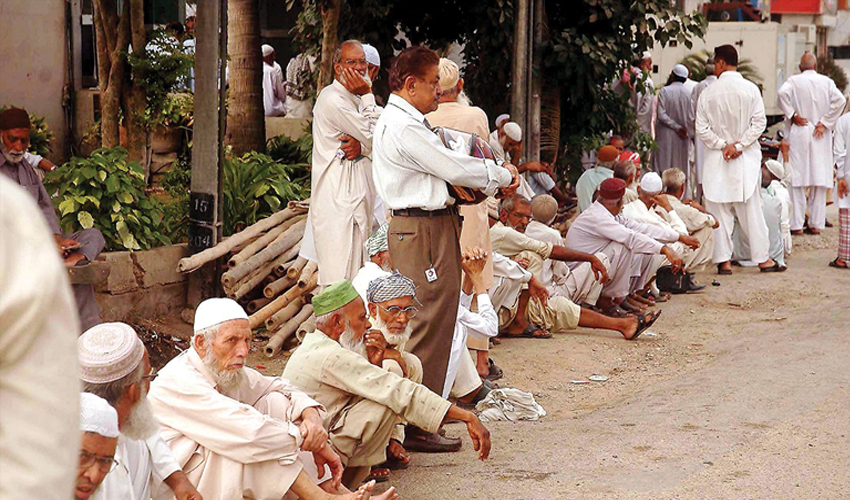Proposed Pension Reforms Signal Major Shift Amid IMF Pressure
The caretaker government of Prime Minister Anwaarul Haq Kakar is introducing significant pension reforms in response to IMF pressure. These reforms include altering the way pension calculations are made, revamping family pensions, restricting multiple pensions, and linking pension increases to inflation. As negotiations with the IMF approach, the Ministry of Finance is striving for approval of these reforms, marking a major shift in the retirement landscape for federal civil servants, while public opinion remains divided.

In a pivotal move, the interim government, led by Prime Minister Anwaarul Haq Kakar, is ushering in a significant transformation of the pension system, driven by intense pressure from the International Monetary Fund (IMF). These sweeping changes have far-reaching consequences for the retirement benefits of federal government civil servants and ripple effects across Pakistan's economy, business landscape, and technology sector.
One of the most crucial shifts in these reforms is the alteration of how pensions are calculated for federal government employees. No longer will pensions be based on the final salary; instead, they will depend on the average salary earned during the last three years of service. This change is poised to reshape the retirement benefits of civil servants significantly.
Another striking reform revolves around family pensions for retirees. The government is advocating the discontinuation of lifetime family pensions. Under the proposed rules, eligible family members will receive pension payments for ten years following the pensioner's passing. However, heirs of martyrs will see their family pension period extended to 20 years. Lifetime family pensions will still be preserved for special needs children.
As part of this comprehensive pension reform initiative, government employees who secure a second job face a critical decision. They must choose between receiving a salary from their second job or their pension. This measure aims to curb the practice of retired employees receiving multiple pensions.
Inflation-Linked Pension Adjustments:
To address concerns related to inflation, the reform package suggests linking pension increases to the annual inflation rate. If inflation surpasses 10%, additional ad hoc relief will be granted based solely on the original pension amount, with this relief gradually withdrawn as inflation rates decrease.
With negotiations with the IMF on the horizon, the Ministry of Finance is actively seeking approval for these proposed reforms. This endeavor has ignited both anticipation and apprehension, signifying a substantial transformation in the retirement landscape for federal civil servants.
These bold pension reforms are significantly impacting the Pakistan Economy, reshaping Business in Pakistan, and triggering changes in how Technology in Pakistan supports the evolving retirement landscape.
As the government closely observes the implementation and repercussions of these changes, public sentiment remains divided. The stage is set for a new era in pensions, with the potential to reshape the very fabric of Pakistan's economy, businesses, and technology sector. These reforms are not merely a response to IMF pressure but a groundbreaking development with broad implications for the nation.








